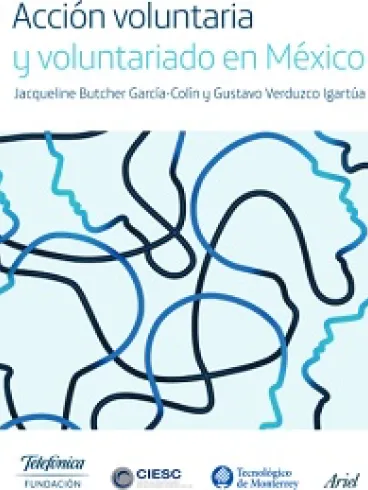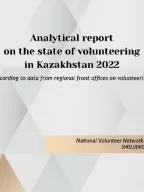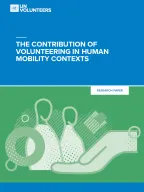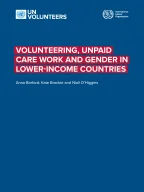
Fast read
- This publication examines voluntary activities and volunteering in Mexico, taking into account history, context and measurement.
- It draws on qualitative and quantitative research and features a case study on corporate volunteering.
Summary
The publication suggests that voluntary activities are considered key to every society, as they contribute to the reconstruction of the social fabric and the social and economic development of communities. It highlights the role of voluntary action as a critical agent of social change for addressing social problems like poverty, health, the environment, human rights and culture. In terms of its economic contribution, the publication estimates the economic value of voluntary action in Mexico to be 437 billion pesos ($19.6 billion).
The publication also suggests that corporate volunteering still has a long way to go in Mexico: just 2.3 per cent of companies surveyed integrated corporate volunteering in their programmes. It includes a case study on corporate volunteering, which highlights the importance of the participation and buy-in of company leaders to ensure that volunteering is successfully embedded in company objectives and its benefits are felt not just by employee volunteers but also by communities.
The publication provides governments and other actors with evidence of the scale and scope of voluntary action in Mexico. It also reflects on the need to strengthen and support voluntary action and to understand its limitations and achievements to be able to fully maximize its potential in supporting the development of communities.




















